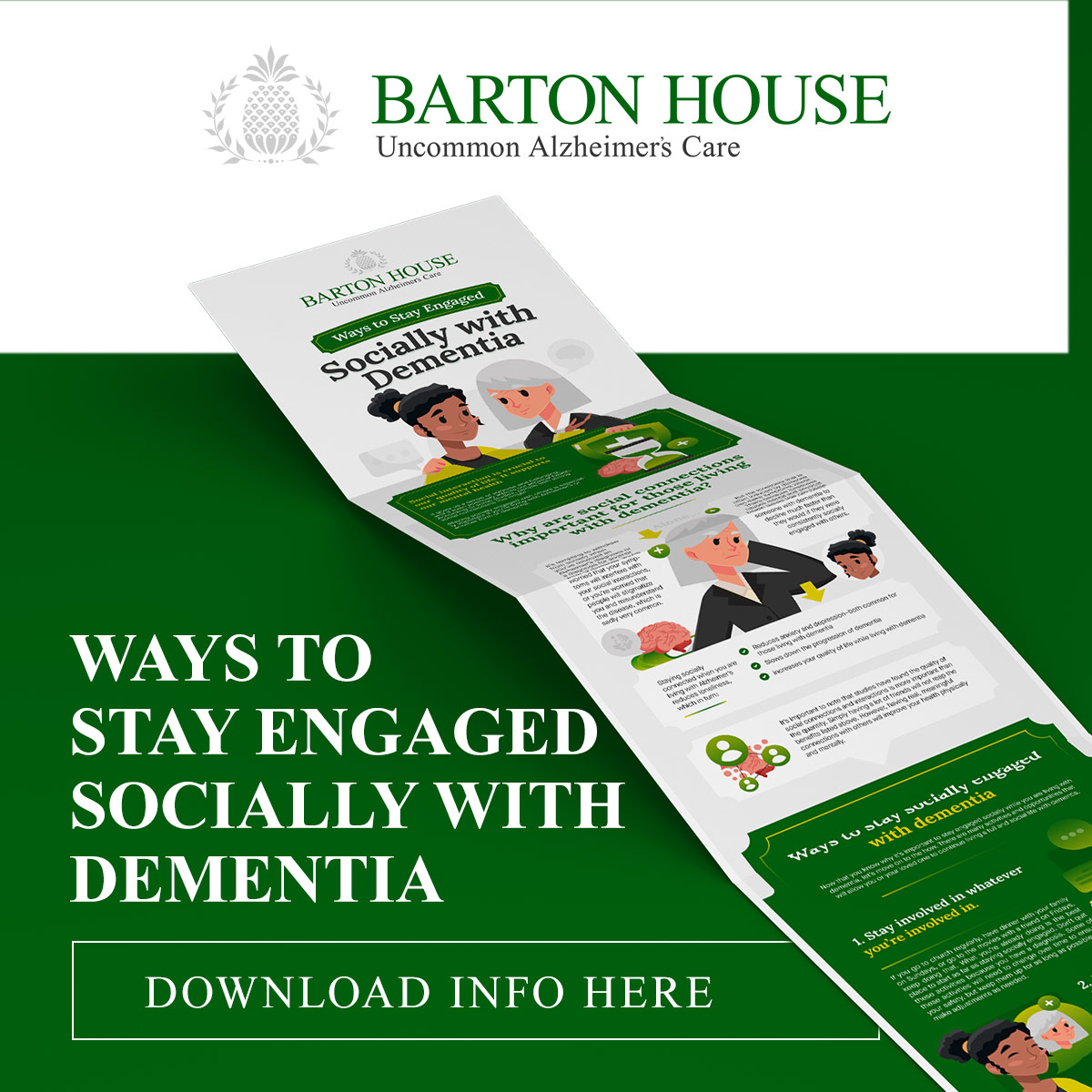How to Talk to Someone with Dementia

How to talk to someone with dementia?
How would you feel if a friend or family member approached you raising their voice and waving their arms? You would probably wonder if this person was upset with you. You would wonder why they were yelling. You would feel alarmed, frustrated or afraid.
For those living with dementia, this is far too often their reality. When you don’t understand the disease, it’s easy to assume the louder you talk, the better your loved one will be able to understand you. But dementia is not the same as being hard of hearing, and many who are living with dementia are able to understand more than you think. You just have to communicate with them in the right way.
Communicating with someone who is living with dementia is admittedly difficult. As Alison Wray, a research professor of language and communication at Cardiff University, points out on this podcast, communication requires memory and the ability to process information quickly. Both of these abilities are greatly affected by the cognitive decline caused by dementia, making it more and more difficult for someone with dementia to communicate as their disease progresses.
Watching your loved one lose this ability can be difficult and also frustrating as you navigate a new way to communicate with them. You’re not sure what your loved one can understand. You’re not sure why they’re confused or less responsive to you, so you try harder, but your efforts only seem to make things worse.
Communication can be one of the most difficult parts of caretaking for someone who is living with dementia. Fortunately, as we better understand the disease and what it does to the brain, we can better understand the best way to communicate with those who are experiencing cognitive decline.
The difference between comprehension loss and hearing loss
Like the example we used above, we can often misinterpret someone’s comprehension loss as hearing loss.
Those who are living with dementia are typically not suffering from hearing loss, as the part of the brain that affects hearing is the least likely to change due to dementia. However, comprehension—being able to understand what someone is saying—is often an issue. This can lead someone with dementia to ask questions like What? What did you say?, which can lead us to believe they are hard of hearing. But they are actually trying to comprehend you, not hear you.
Instead of raising your voice, try to clarify what you mean with simple words, language, and questions. Other conversations or noises, like the sound of someone else’s TV, can confuse someone with dementia. While they can hear everything clearly, they may not know where the sound is coming from, which conversations are happening in the foreground, and which are happening in the background. This is why finding a quiet place to talk to your loved one can be helpful. They won’t be distracted or confused by other noises and conversations around them.
Share this Infographic Image On Your Site
<p><strong>Please include attribution to https://barton-house.com/ with this graphic.</strong><br><br><a href="https://barton-house.com/ways-to-stay-engaged-socially-with-dementia/"><img src="https://barton-house.com/wp-content/uploads/2022/11/barton_house_infographic_Ways_to_Stay-Engage_socially_with_dementia.jpg" alt="Ways to Stay Engaged Socially with Dementia" width="461px"></a></p>Other ways dementia can affect someone’s ability to communicate
In addition to information processing and comprehension, dementia can also affect someone’s ability to…
…find the right word. Those who are living with dementia may forget a certain word or they may replace a word with one that doesn’t make sense.
…remember names, faces, and previous conversations. Because of the way dementia affects a person’s memory, they may have difficulty remembering what was said just a few moments ago or remembering what they were trying to say. They may also forget your name or the name of someone they’re talking about. Memory plays a role in all communication. When memory starts to go, communication becomes much more difficult.
…stay focused. It can be hard for something with dementia to stay focused on one conversation for an extended period of time, just as it can be hard for them to stay focused on a single task, television show, or hobby.
…remember a language they learned later in life. Because those who are living with dementia or Alzheimer’s tend to live in their long-term memory, they may not be able to speak a second language they learned as an adult.
Tips for communicating at every stage of dementia
The Alzheimer’s Association provides tips and guidance for how to communicate with your loved one at different stages of dementia: mild, moderate, and advanced. Since each phase comes with its own challenges, consider what stage your loved one is in and communicate based on their current needs.
For the early, or mild stage of dementia, the Alzheimer’s Association provides the following suggestions:
This type of dementia is hereditary and usually shows up earlier in life, between the ages of 30 and 50. Along with impairing memory and cognitive function, the first symptom of Huntington’s disease is often uncontrollable movement in the upper body.
For moderate dementia:
For late-stage, or advanced dementia:
The importance of non-verbal communication

The National Health Service in the UK stresses the importance of non-verbal communication, especially for those in the later stages of dementia. They recommend getting at eye level with your loved one rather than hovering above them when you speak. You can also touch their hand or pat their shoulder. Those acts of affection can go a long way when verbal communication isn’t understood as well. Maintaining an overall calm demeanor when you are with them will help them feel peaceful and at ease.
The Alzheimer’s Association also suggests using the five senses to communicate. Share a meal, do a puzzle together, light a fragrant candle, listen to music—all of these are helpful alternatives to verbal communication that still allow you to share meaningful moments with your loved one.
Get creative with your communication

Wray points out that communication and conversation with your loved one who is living with dementia can often be boring. When the conversation is one-sided, when your loved one doesn’t understand you or you don’t understand them, sitting and talking is not the best or most effective way to communicate.
Instead, Wray suggests getting creative. Consider activities you can do together that don’t include direct conversation such as going for a walk, looking through old photographs, or reading a story out loud.
How to talk to someone with dementia
Remember to be kind.
Communicating with someone with dementia can be difficult, frustrating and annoying.
All of these feelings are OK.
But remember to be kind to your loved one and to yourself. As Wray explains, you won’t always get it right. Conversation will not always come easily, if at all. Give yourself grace and know this is a learning process for both you and your loved one.
Self-compassion will open up your creativity and help you discover ways to communicate with your loved one at every stage of dementia. This communication will look and feel different than it once did, but staying in communication–whatever form that communication takes–will allow you to feel connected to your loved one as you navigate the dementia journey together.






